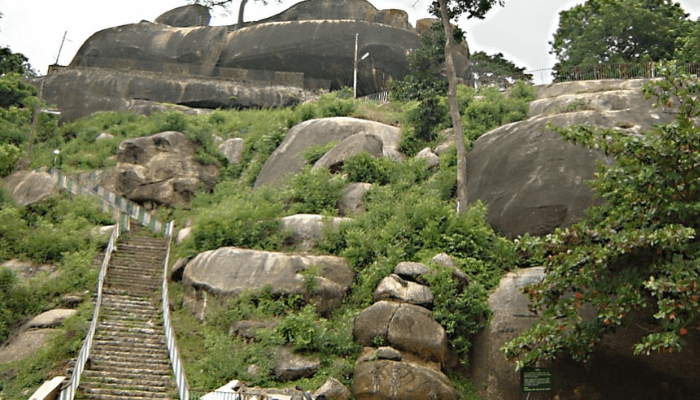Tourism has long been recognized as a powerful driver of economic growth, and in recent years, Nigeria has begun to harness its vast tourism potential as a key sector for national development. With its diverse cultural heritage, natural landscapes, historical sites, and vibrant festivals, Nigeria is uniquely positioned to leverage tourism as a tool for economic transformation. But how exactly does tourism contribute to the economic development of Nigeria?
1. Job Creation and Employment Opportunities
Tourism is a labor intensive industry that supports a wide range of jobs across various sectors. In Nigeria, the tourism value chain includes employment in hotels, restaurants, transport services, tour operations, and local crafts. Both skilled and unskilled labor benefit from this sector, providing income for millions. As tourism expands, especially in regions with high unemployment, it serves as a significant source of livelihood and poverty alleviation.
2. Foreign Exchange Earnings
Tourism attracts international visitors who spend money on accommodation, transportation, entertainment, and local goods. These expenditures bring in much needed foreign exchange, strengthening Nigeria’s balance of payments and supporting the naira. For a country heavily reliant on oil exports, tourism offers a sustainable alternative source of foreign currency.
3. Infrastructure Development
To attract and accommodate tourists, governments and private investors often invest in infrastructure such as roads, airports, communication networks, and public utilities. In Nigeria, the development of destinations like the Obudu Mountain Resort, Tinapa Business and Leisure Resort, and the Lagos waterfronts has led to improvements in local infrastructure. These upgrades not only serve tourists but also benefit local residents and businesses.
4. Rural Development and Community Empowerment
Tourism in Nigeria often thrives in rural areas that are rich in culture and natural beauty, such as the Osun Osogbo Sacred Grove or the Idanre Hills. When managed sustainably, tourism can stimulate rural economies by creating business opportunities for local artisans, farmers, and service providers. It encourages cultural preservation while empowering communities to protect their heritage and environment.
5. Revenue Generation for Government
Tourism contributes to government revenues through taxes, levies, park entrance fees, and business licenses. These funds can be reinvested into public services such as education, healthcare, and security. States like Cross River, Lagos, and Abuja, which have invested in tourism promotion, have seen increased internally generated revenue (IGR) from tourism related activities.
6. Promotion of Local Industries
Tourism stimulates growth in other sectors like agriculture, handicrafts, fashion, and entertainment. For instance, tourists purchasing Nigerian fabrics, artworks, or participating in cultural festivals like the Argungu Fishing Festival or the Calabar Carnival contribute to the growth of small businesses and local industries. This promotes entrepreneurship and enhances the national brand.
7. Attraction of Foreign Direct Investment (FDI)
An attractive tourism environment can lure international investors interested in building hotels, resorts, tour companies, and travel services. Nigeria’s emerging tourism destinations are gradually attracting foreign interest, especially from African and Middle Eastern investors. These investments bring capital, technology, and expertise into the country, boosting economic productivity.
Conclusion
While Nigeria still faces challenges in fully realizing its tourism potential such as insecurity, inadequate infrastructure, and inconsistent policy implementation the sector holds immense promise. With strategic investment, policy support, and public private partnerships, tourism can become a major pillar of Nigeria’s economy. Its ability to create jobs, generate foreign exchange, and promote inclusive development makes tourism not just a leisure activity, but a powerful engine of economic growth for the nation.






